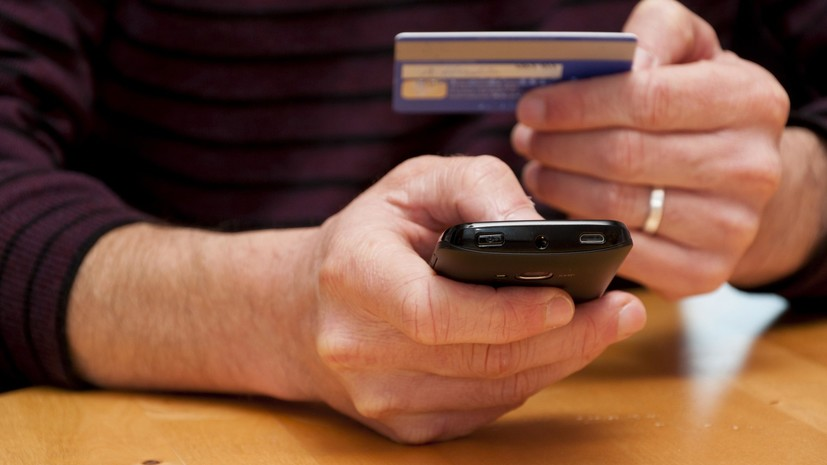“It is important to know that a bank employee will never, under any circumstances, ask for a card number or PIN code, CVV code (these are the last three digits on the back of a bank card), a password to enter the client’s personal account, or a code from SMS messages, ”Tuzova recalled.
In this regard, if in a telephone conversation the interlocutor, introducing himself as a bank employee, asks you to provide this information, you should interrupt the conversation and contact the bank at the number indicated on your card, preferably from another phone.
“If you received a call and your interlocutor informs you that he is an employee of the security service or another division of the bank and is allegedly trying to deduct money from your card, first of all ask him to introduce himself - to give the full position, surname and name. After that, specify which bank card we are talking about and ask for its number, ”the head of the SMP Bank department added.
According to her, scammers, as a rule, do not have complete data and will try to "get around" such a question.
“It is important not to give such an interlocutor any information at all: neither the name of the bank whose card you use, nor its number, nor any passwords and codes,” Tuzova emphasized.
The representative of Raiffeisenbank, in turn, recommends being wary if you feel pressure from the interlocutor, as bank employees will not intentionally create stressful situations for the client.
In addition, in order to avoid fraudulent activities, it is recommended to have a separate card for payment on the Internet and transfer the necessary payments there immediately before purchase.
Earlier, competitive intelligence expert Yevgeny Yushchuk, in an interview with Sputnik radio, assessed the possibility of fraudsters gaining access to the numbers of Russian bank cards through instant messengers.

